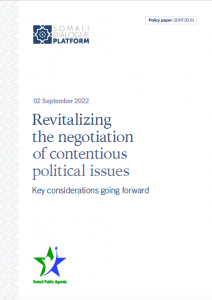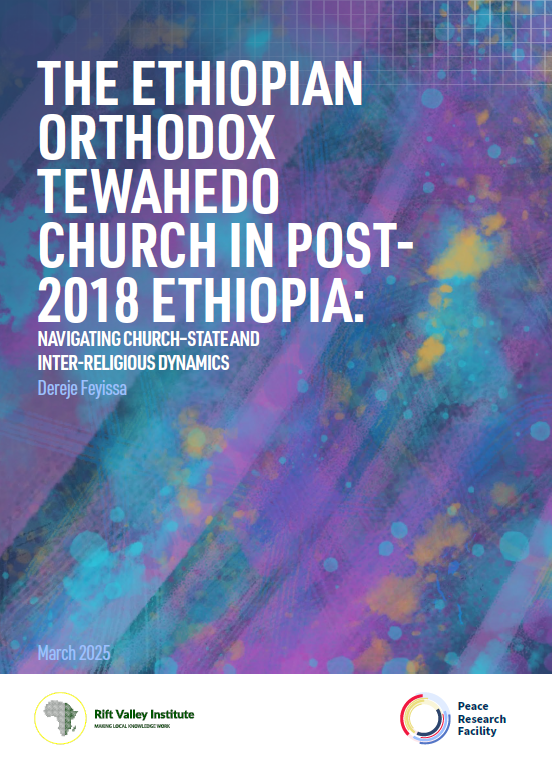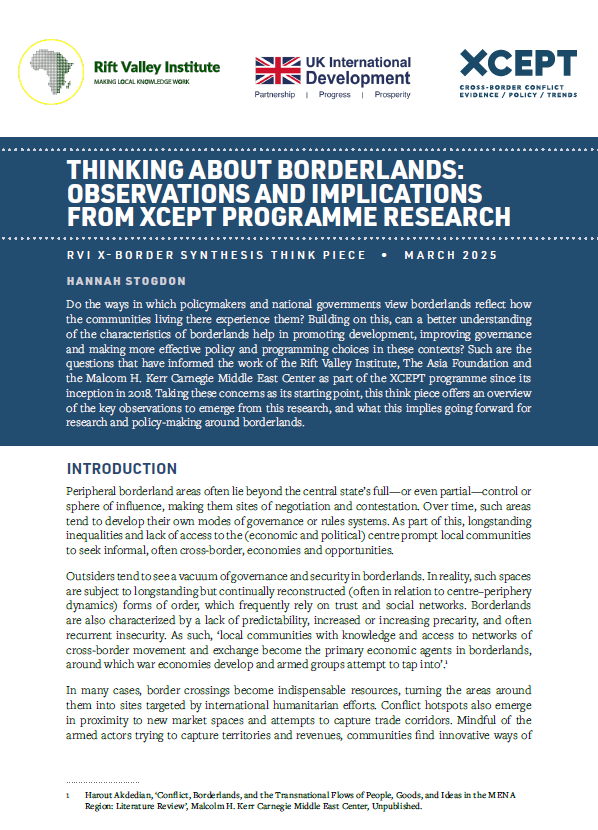Over the past decade, significant progress has been made in Somalia’s post-conflict trajectory, including the formation of the Federal Government of Somalia (FGS) in 2012 following the endorsement of the Provisional Federal Constitution. Federal Member States (FMSs) were formed from 2013 onwards and a range of significant institutional reforms have followed. However, there are several key weaknesses with Somalia’s current political settlement – the underlying agreement on ‘the rules of the game’ – that have made sustained progress difficult. For example, there are ongoing disagreements about the fundamental components of the federal model, the structure of the country’s security forces and the role of democratic elections as a means of peaceful political competition.
The start of a new political cycle presents a fresh opportunity for Somalis to address the contentious issues obstructing the country’s path towards a more stable and prosperous post-conflict future. This can build off the successful conclusion of a meeting between FGS and FMS leaders on 12 June, which took place soon after the election of President Hasan Sheikh Mohamud. This can be achieved through a careful revival, enhancement and institutionalisation of effective and inclusive political negotiation and dialogue mechanisms. This paper outlines several options to support these objectives, including considerations for how to design an effective negotiation architecture, as well as an outline of key thematic areas on which to focus dialogue.
The paper draws from a series of preliminary discussions convened by the Somali Dialogue Platform (the Platform) since August 2021 with a range of Somali stakeholders referred to as the F20. Throughout these conversations, the Platform has facilitated extensive discussions on the contentious issues related to Somalia’s political settlement and possible solutions. The process concluded with a final workshop in Mogadishu to finalize a suite of papers. This paper serves as an introduction to the issues discussed and how they might be addressed during the current political cycle.
Read the Somali version here.
Find links to all the other papers in the series below:
Revisiting The 2017 National Security Architecture In Somalia
Options For Allocating Powers In Somalia’s Federal System
Policy Options For Agreeing A Model For Fiscal Federalism
Policy Options For Resolving The Status Of Mogadishu



